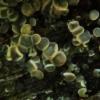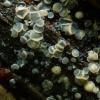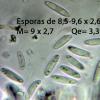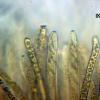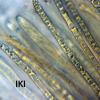
12-09-2015 14:09
 Blasco Rafael
Blasco Rafael
Hola tengo esta muestra que la he visto repasando

11-09-2015 15:52
Marja PennanenHello forum,these stipate, hairy ones are about 0,

09-09-2015 19:56
 Blasco Rafael
Blasco Rafael
Hola recogi estas Bisporellas para hacer una foto,

09-09-2015 20:18
 Blasco Rafael
Blasco Rafael
Hola, En este caso creo que puede ser una Pyrenope

10-09-2015 17:53
madera muy deteriorada de FagusA ver que os parece

10-09-2015 17:55
Imposible de determinar con exactitud la madera, �


